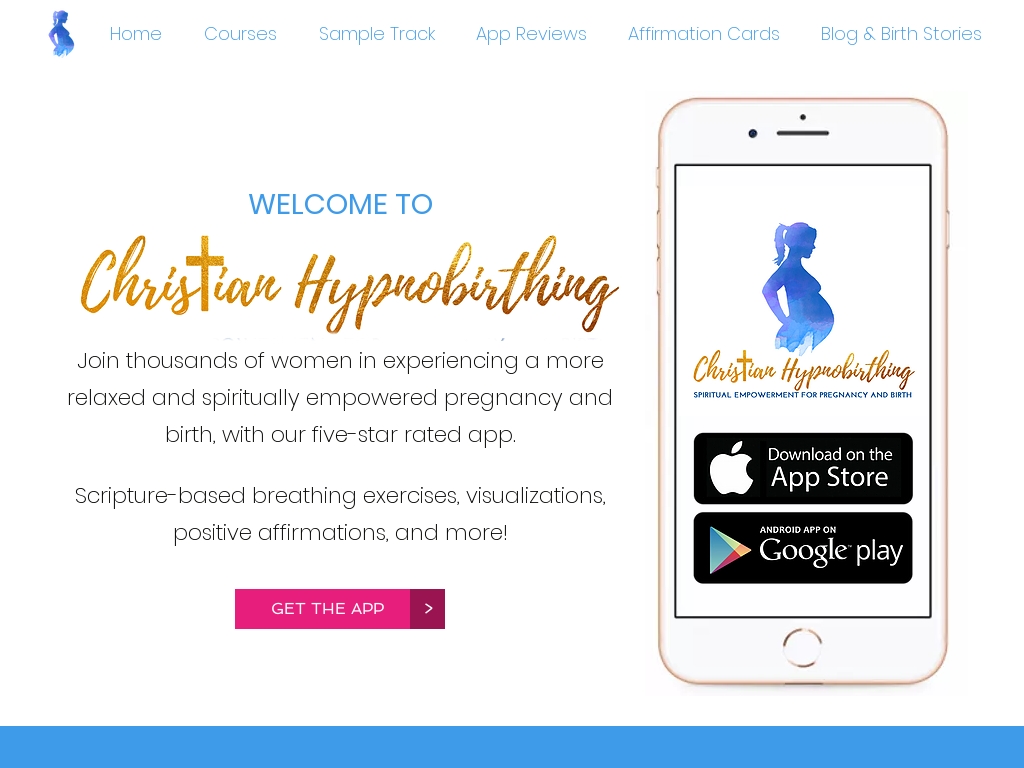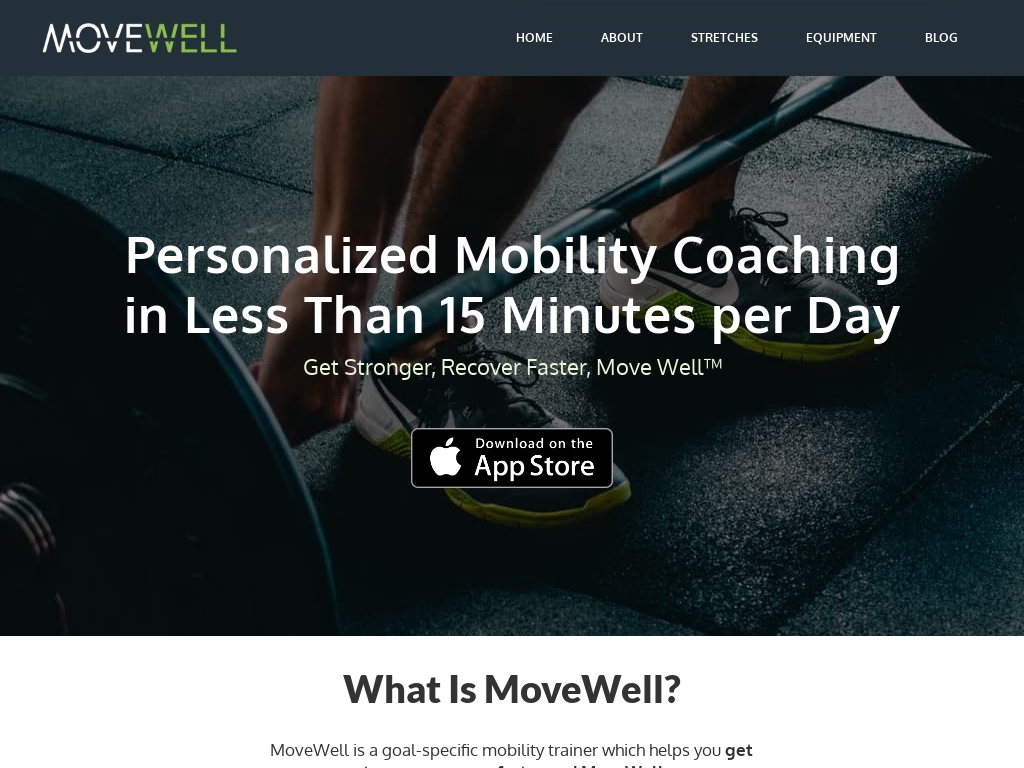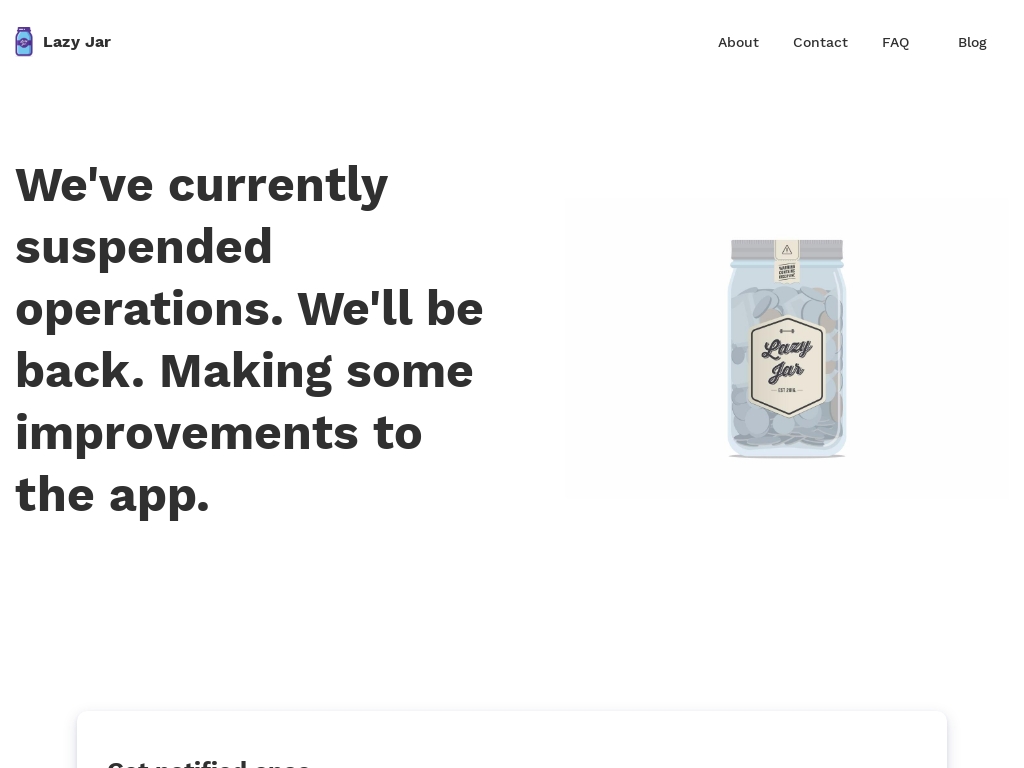
How Two Teens Built Cal AI to $8M ARR in Months
Who is Zach Yadegari?
Blake Anderson, a recent college graduate, hails from a background in AI app development and has co-founded several successful applications, utilizing his experience to drive strategic growth. Zach Yadegari, a high school student, began programming at the age of seven and gained recognition with projects like a widely used gaming website, showcasing his early entrepreneurial spirit.
What problem does Cal.AI solve?
Cal.AI solves the tedious task of manual calorie tracking by letting users simply take a photo of their meal, making it convenient and time-saving for those seeking effective weight management.
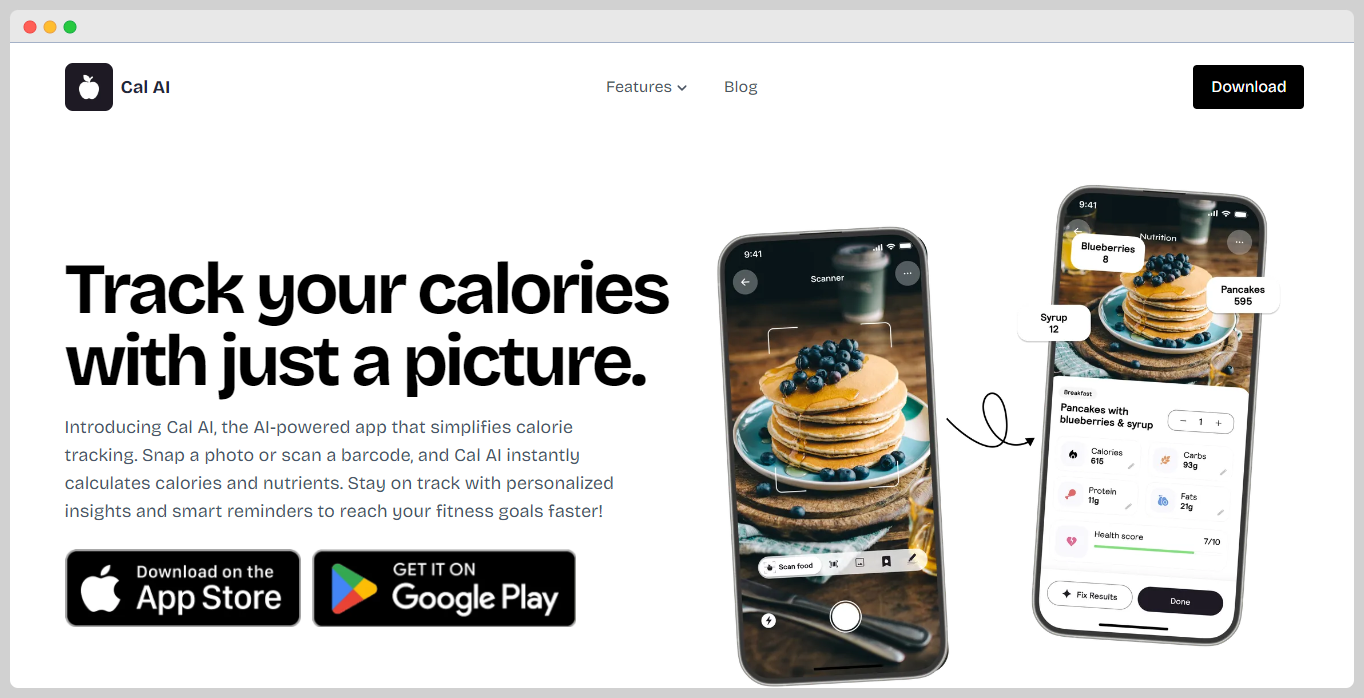
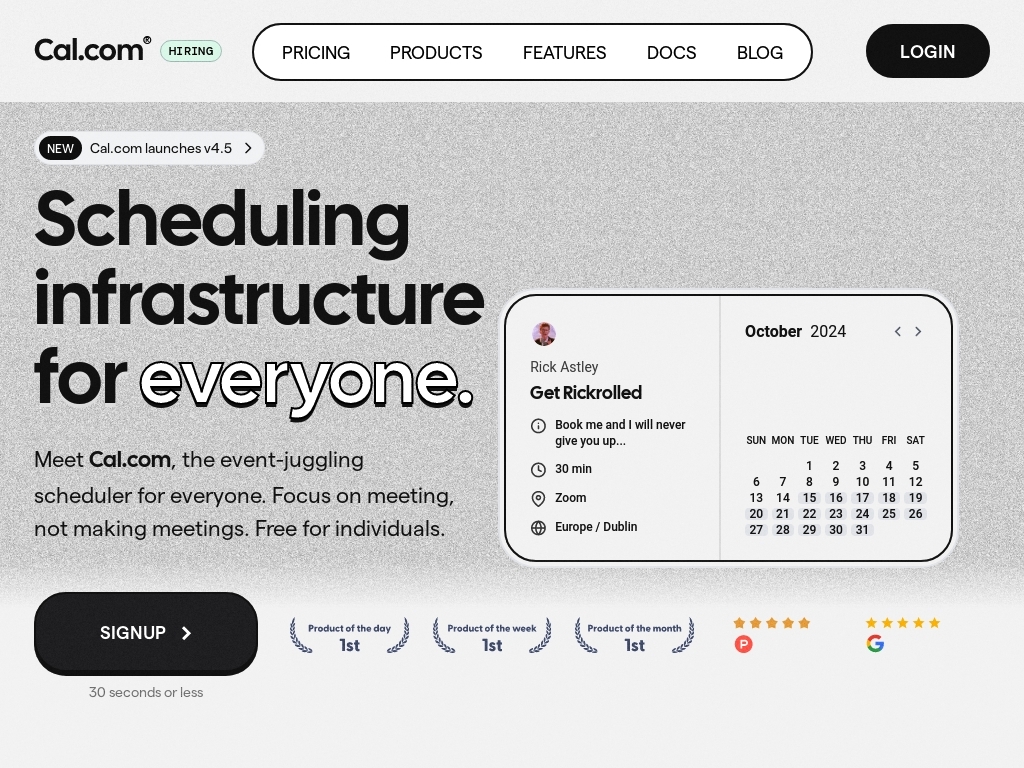
How did Zach come up with the idea for Cal.AI?
Zach Yadegari and Blake Anderson were inspired to create Cal.AI from their experiences and observations in daily life. While recognizing the challenges many people face in tracking calorie intake, they saw a potential to simplify this process using AI. Their thought process began with identifying a clear problem, reflecting on how existing solutions like MyFitnessPal were cumbersome for users due to manual input requirements.
Research and feedback were crucial in refining their idea. They studied user interactions and market trends through social media and other channels to validate the need for a more intuitive calorie-tracking app. By leveraging their technical skills and a deep understanding of the tech industry, learned through prior projects, they crafted a simple yet powerful app designed to make calorie tracking more effortless.
Throughout their journey, they faced challenges such as the complexity of AI integration and ensuring accuracy in calorie estimates. They overcame these by focusing on continuous improvement and testing, learning key lessons about the importance of user experience and simplicity. Their iterative approach helped them build an app that quickly resonated with users and addressed a genuine need in the market.
How did Zach Yadegari build the initial version of Cal.AI?
Blake Anderson and Zach Yadegari developed Cal.AI using a rapid prototyping approach, leveraging high-level programming languages like Python and Node.js to ensure simplicity in their tech stack.
The initial version of their app, which focuses on AI-calculated calorie tracking through food photos, was built within a few months, relying heavily on existing AI models such as OpenAI's GPT systems for backend processing. The development process was intense but facilitated by their technical expertise and prior experience in app development, leading them to quickly iterate through prototypes with feedback from close circles.
The main challenge was maintaining a lean operation with high accuracy expectations, yet their bootstrapped approach allowed them to achieve an impressive $1 million in revenue just four months post-launch without external capital.
What were the initial startup costs for Cal.AI?
- Team Expansion: Cal AI expanded its team and recently hired two developers to accelerate product development.
How did Zach launch Cal.AI and get initial traction?
TikTok Viral Marketing
Cal.AI initially got the word out about their app by leveraging the power of TikTok's viral marketing capabilities. The founders, Blake Anderson and Zach Yadegari, focused on creating engaging and relatable content that showcased the app's unique features in a visually appealing way. This tactic allowed them to reach a vast audience organically without relying on expensive influencers or large-scale advertising campaigns.
Why it worked: TikTok is known for its ability to propel content to a massive audience quickly through its algorithm, which favors original and captivating content. By tapping into trends and creating videos that resonated with TikTok users, Cal.AI rapidly gained traction and visibility among potential users.
Influencer Micro-Collaborations
Instead of collaborating with top-tier influencers, Cal.AI opted to work with micro-influencers across various niches related to health, food, and lifestyle. This strategic choice allowed the app to reach targeted audiences authentically and cost-effectively. The team carefully selected influencers whose followers aligned with their target demographic, ensuring higher engagement and potential downloads.
Why it worked: Micro-influencers often have highly engaged audiences and can provide a more personalized connection compared to bigger influencers. This approach helped Cal.AI reach smaller, yet highly relevant, communities and build credibility and trust within those groups, leading to increased app downloads and user retention.
Metrics:
- Cal.AI achieved over one million dollars in revenue in less than four months.
- They surpassed 100,000 downloads, largely driven by their social media and influencer strategies.
What was the growth strategy for Cal.AI and how did they scale?
TikTok and Social Media
Cal.AI effectively used TikTok as a major growth channel to promote its AI calorie-tracking app. The founder, Zach Yadegari, recorded viral content on TikTok, capturing the attention of a wide audience by showcasing the app's innovative features. This approach leveraged the power of short-form video content to communicate the app's value to potential users.
Why it worked: TikTok's platform is designed for virality and can reach large audiences quickly. By creating engaging video content that resonated with their target audience, Cal.AI bypassed traditional marketing barriers, especially the need for large influencers, and instead relied on organic growth. This strategy was instrumental in reaching over 100,000 downloads.
Influencer Marketing
Cal.AI's marketing strategy incorporated influencer partnerships to expand its reach. The approach was to collaborate with smaller, niche influencers who had considerable but underutilized followings. These influencers promoted the app on platforms like TikTok, contributing to its viral success.
Why it worked: Partnering with influencers allowed Cal.AI to tap into existing communities without the high costs of traditional advertisements. This approach also ensured a more authentic promotion, which is often more effective in building trust and engagement with the audience.
Affordable Pricing Strategy
Cal.AI adopted a pricing model that kept costs low, offering the app at $10 monthly or $30 annually. This pricing structure was chosen to attract a larger user base and increase subscription rates.
Why it worked: By keeping the price point accessible, Cal.AI prioritized user acquisition and market penetration over immediate high revenue per user. This strategy increased the number of active users and created a larger community that contributed to network effects and word-of-mouth marketing.
Product Iteration and Testing
The team focused heavily on iterating and testing the app's features to optimize user experience. They employed tools like Superwall for paywall optimization and frequent A/B testing to refine the onboarding process and improve conversion rates.
Why it worked: Continuous iteration based on user feedback and data-driven decisions allowed Cal.AI to refine its offering, leading to enhanced user satisfaction and retention. This focus on optimization ensured the app met user needs efficiently, encouraging continued usage and reducing churn.
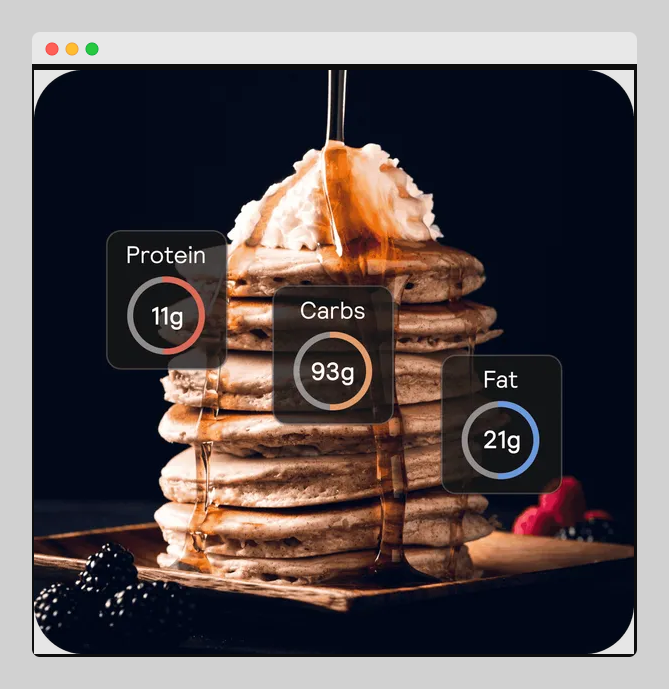
What's the pricing strategy for Cal.AI?
Cal.AI offers a calorie-tracking app priced at $10/month or $30/year, leveraging a low-cost strategy to boost user acquisition and engagement.
What were the biggest lessons learned from building Cal.AI?
- Leverage Viral Marketing: Cal.AI excelled by utilizing TikTok and social media for marketing, fostering organic growth without big-name influencers.
- Focus on Solving a Real Problem: By addressing the need for effective calorie tracking, Cal.AI positioned itself in a lucrative niche that resonates with its audience.
- Keep the Team Lean and Efficient: The small team of three at Cal.AI showcased that a compact team can achieve significant success through clear roles and strong collaboration.
- Iterate Rapidly: The emphasis on quick iterations and trend discovery allowed Cal.AI to innovate and adapt swiftly in the fast-paced tech landscape.
- Balance Pricing for Growth: Cal.AI's affordable pricing strategy helped increase user adoption while balancing revenue and growth, ensuring a wide reach.
Discover Similar Business Ideas Like Cal.AI
|
|
Idea
|
Revenue
|
|---|---|---|
|
AdviNow Medical
|
AI-driven healthcare automation platform for streamlined medical visits.
|
$200K
monthly
|
|
SelfDecode
|
Personalized health insights through DNA and lab analysis.
|
$200K
monthly
|
|
Christian Hypno...
|
Scripture-based relaxation app for Christian mothers-to-be.
|
$10K
monthly
|
|
Qolty
|
Digital health software for real-time patient monitoring.
|
$100K
monthly
|
|
Doctrina
|
Global e-learning platform for healthcare professionals.
|
$90K
monthly
|
|
MoveWell
|
Mobility coaching app for athletes and desk jockeys.
|
$1K
monthly
|
|
Lazy Jar
|
Fitness app that charges for missed workouts.
|
$250
monthly
|
More about Cal.AI:
Who is the owner of Cal.AI?
Zach Yadegari is the founder of Cal.AI.
When did Zach Yadegari start Cal.AI?
2022
What is Zach Yadegari's net worth?
Zach Yadegari's business makes an average of $667K/month.
How much money has Zach Yadegari made from Cal.AI?
Zach Yadegari started the business in 2022, and currently makes an average of $8M/year.

Download the report and join our email newsletter packed with business ideas and money-making opportunities, backed by real-life case studies.

Download the report and join our email newsletter packed with business ideas and money-making opportunities, backed by real-life case studies.

Download the report and join our email newsletter packed with business ideas and money-making opportunities, backed by real-life case studies.

Download the report and join our email newsletter packed with business ideas and money-making opportunities, backed by real-life case studies.

Download the report and join our email newsletter packed with business ideas and money-making opportunities, backed by real-life case studies.

Download the report and join our email newsletter packed with business ideas and money-making opportunities, backed by real-life case studies.

Download the report and join our email newsletter packed with business ideas and money-making opportunities, backed by real-life case studies.

Download the report and join our email newsletter packed with business ideas and money-making opportunities, backed by real-life case studies.


